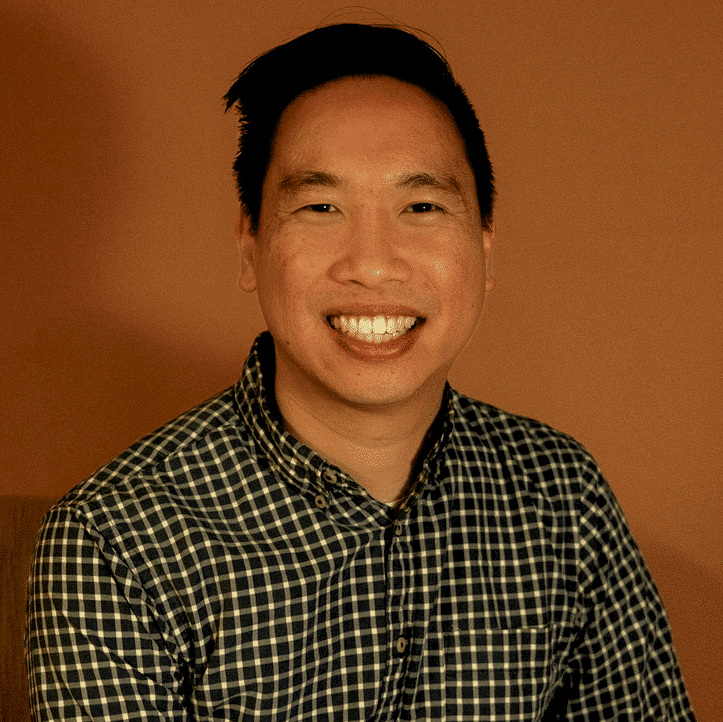
CARLSBAD, ENCINITAS AND VISTA
Therapy for Religious Trauma
Living with religious trauma can be overwhelming, but therapy for religious trauma provides a compassionate path to healing and rebuilding trust in yourself and others.
– Diane Langberg

What Is Religious Trauma?
Although religious and spiritual communities offer the opportunity for connection, meaning, and purpose, sometimes these communities can leave us battered and bruised. Experiences of religious trauma are complex and varied. Just a few examples of religious trauma include:
- Abuse of Power: violation of your boundaries and feeling afraid to challenge powerful people, especially authoritarian or narcissistic leaders.
- Dogmatism: rigidity of belief that becomes oppressive. Often, these are practices or obligations that are added on top of core values or beliefs, and they tend to reinforce shame and control.
- Gaslighting: being told that your own experience cannot be trusted or does not matter. This may occur through blame-shifting, defensiveness, or lying.
- Intimidation: the use of fear to control or impose on your will. This can also manifest as a fear of retaliation, blackmail, or other potential repercussions.
- Manipulation: exploitation of your emotional vulnerability or using confidential information against you. Often, people who manipulate will use others for their own gain.
- Marginalization: being made to feel lesser due to your minority status. This could manifest as overt statements, subtle cues, or remarks that make you feel unwelcome or inferior.
- Shaming: attacks on your personhood and goodness. Shame can often prevent individuals from doubting or questioning doctrine or be used to control behavior or participation.
- Scrupulosity: preoccupation with perfecting religious rituals and practices. This may manifest through feeling compelled to perform certain behaviors or rituals to feel absolved or at peace.
Damaging experiences can be subtle and subversive. Sometimes we look back at our past selves and wonder, “How did I fall for that?” or “How did I not see that coming?” The truth is that there are some individuals and organizations that draw you in with charisma or take advantage of individuals seeking out meaning and belonging. Or maybe you were raised in a religious culture and didn’t have a choice. Even though we are all responsible to take charge of our own health, you are not to blame for the abuses and trauma inflicted on you.
Meet Our Religious Trauma Therapists
How Can Therapy for Religious Trauma Help?
Healing from religious trauma looks different from person to person based on many factors. Some may be escaping a cult, others are undergoing a faith transition, and still others may be wanting to find a completely new way forward. Whether you are in a religious community, seeking to return to or find a new religious home, or leaving a hurtful community, you may find yourself asking some difficult questions and reevaluating what you really believe. This deconstructive process can be scary and uncomfortable, but it can be part of the healing process if it helps to undo destructive ways of thinking and relating.
The very nature of religion and spirituality invites us to be vulnerable and trusting because we are tapping into our deepest longings for belonging and ultimate meaning. Yet, that vulnerability is precisely what can be exploited or violated during experiences of religious trauma. Learning to regain trust in yourself and other people is a process that can be explored in the safe space of therapy.
If you invite us to be part of your recovery journey, we will not prescribe what you should or should not do. Some individuals want to remain committed to a certain religion or spirituality while others want to find new ways to experience meaning and transcendence. Our goal is to partner with you in your healing process, to help you regain a sense of agency in your life, and to rebuild confidence in your understanding of meaning and purpose.

Let's get started.
Get in-person therapy with a psychologist in Carlsbad, Encinitas, or Vista
Address:






